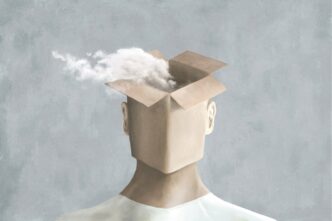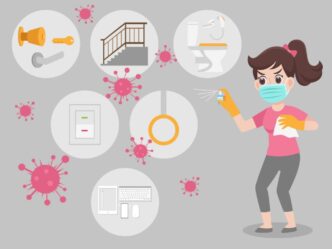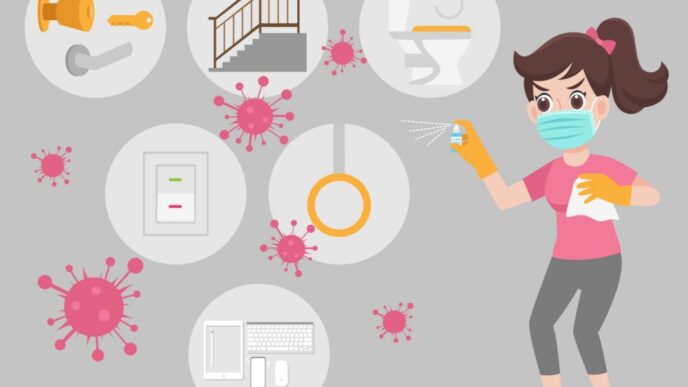WORDS LIM TECK CHOON
GET ENOUGH SLEEP
According to Dr Kok Chin Yong, many studies have shown that poor sleep can lead to or accelerate cognitive decline. Elderly people suffering from insomnia face a higher risk of developing Alzheimer’s disease, while too little as well as too much sleep have been linked to migraines.
Dr Kok advises us to avoid light-emitting devices 1 to 2 hours before sleep, caffeine after 3 pm and large meals or high intensity exercises at night.
EXERCISE REGULARLY
The World Health Organisation has stated that an active lifestyle plays a beneficial role in reducing the risk of dementia and stroke. Dr Kok recommends physical exercise for at least 40 minutes each time, three times a week.
MANAGE EXISTING MEDICAL CONDITIONS WELL
If we have high blood pressure, our risk of developing a stroke as well as dementia is higher. Likewise, people with diabetes face higher risk of developing hypertension and high cholesterol. If we have any of these diseases, we should work closely with our healthcare team to practice good control of the disease.
ADOPT A MIND DIET
Dr Kok explains that MIND stands for Mediterranean-DASH for Neurodegenerative Delay; it is a hybrid of both the Mediterranean and DASH (Dietary Approaches to Stop Hypertension) diets. Such a diet consists of green, leafy vegetables, whole grain, berries, olive oil, poultry, and fish.
Dr Kok further reveals that, based on data from epidemiological studies, this diet may be able to slow brain ageing by approximately 7.5 years and reduce the risk of Alzheimer’s disease.
On the other hand, poor dietary habits such as high salt intake and low consumption of fruits and vegetables can increase the risk of disabilities stemming from cardiovascular diseases and stroke.














